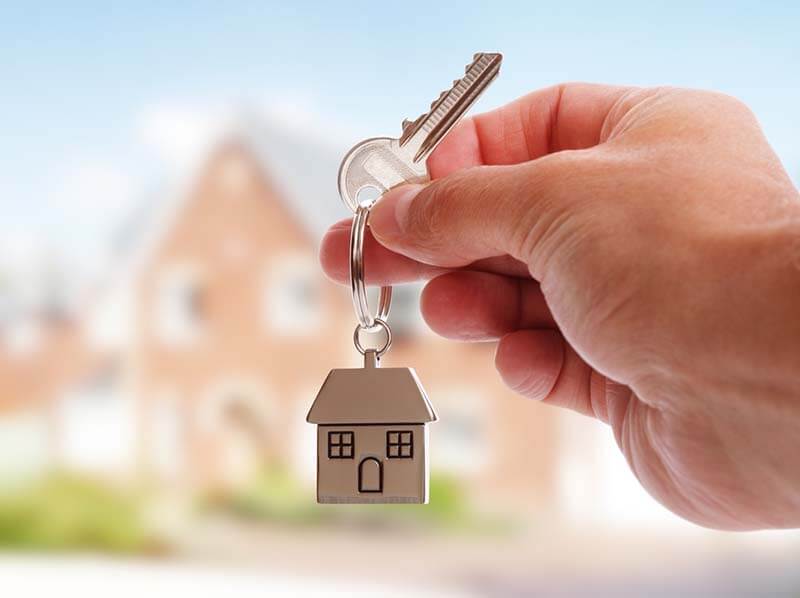Basic Buyers Guide for Owning Your First Home
Buying a home for the first time is an exciting process in the journey of securing a place to live for yourself and for your family. Here are some helpful tips to consider when calculating the initial costs of owning your first home.

Most of us do not have the immediate funds to buy a house outright. We give down payments and then borrow from lenders to afford the house overtime. Even if you were able to buy a house using cold hard cash, you would still pay homeowners insurance, property taxes and maintenance expenses.
Before even attending open houses and browsing the housing market, the home you choose must be affordable. A good rule of thumb is to calculate your entire debt-to-income ratio. This includes all of your monthly expenses divided by your gross income.
If your mortgage payment is more than 25% to 29% of your gross income, it could be difficult to manage. However, it isn’t impossible. Even if you are in the 40% to 45% range, you may still qualify for a loan from a mortgage lender.
A down payment of 15% to 20% of the total cost of a home to a mortgage lender is a good range that will most likely qualify you. If you don’t fit into the 20% and above range, private mortgage insurance (PMI) could be necessary, which can become costly. PMI can change the percentage added onto your mortgage payment by 0.3% to 1.2%. That is a significant increase in the overall cost of your loan.
Just like any other loan you have, such as financing a vehicle, your interest rate and the amount you pay will be less with a larger down payment. Lenders also factor in your credit score. However, they will pay less attention to a poor credit score with a larger down payment. Lower interest rate, more investment.
Be sure to factor in closing costs if you ever decide to sell. Closing costs encompass the documentation, paperwork and the bureaucracy necessary to make the transaction when selling your property. It can be anywhere between 2% to 5% of the purchase price.
Always keep in mind the home you are are buying and the location you are buying in. Some real estate features are much more important than others. For example, if you are in an area of the country that has brutally hot summer months, it may be wise to purchase a home with solar panels already paid off in full and installed to keep your AC bill at a minimum. If you are in an area of the country with harsh winter months, factor in snow shoveling, damage to property and difficulty getting to and from work.
You want to consider the area you purchase real estate. It is important to note trends in order to purchase a house for much less than its value will be in years down the road. It is an important factor to consider when owning a home or investing in real estate.
Keep these helpful financial tips in mind when deciding to own your first home! It may seem overwhelming but once you understand your budget, you will have an easier time making the right decision!